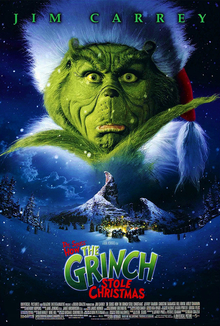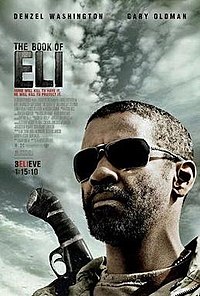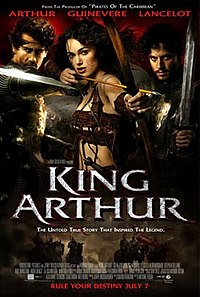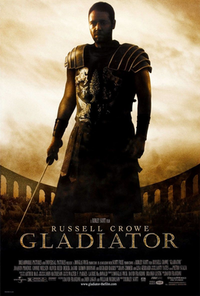Lists












12 Books
To Read
Sort by:
Recent Desc
More lists by TMS SMT



Christmas
List includes: Bad Santa, How the Grinch Stole Christmas, Elf
May 2022
0
@Ty-Atlas



Fantasy
List includes: The Dark Knight, Hancock, Harry Potter and the Prisoner of Azkaban
February 2022
0
@Ty-Atlas


Post Apocalyptic
List includes: The Book of Eli, The Postman
February 2022
0
@Ty-Atlas



Historical
List includes: Windtalkers, King Arthur, Gladiator
January 2022
0
@Ty-Atlas



Date night
List includes: 27 Dresses, The Proposal, Old School
January 2022
0
@Ty-Atlas